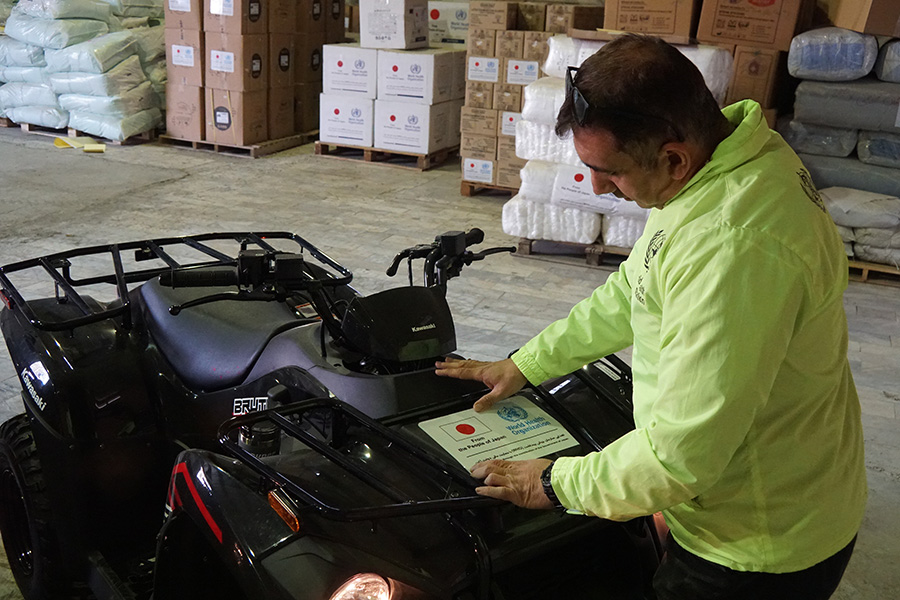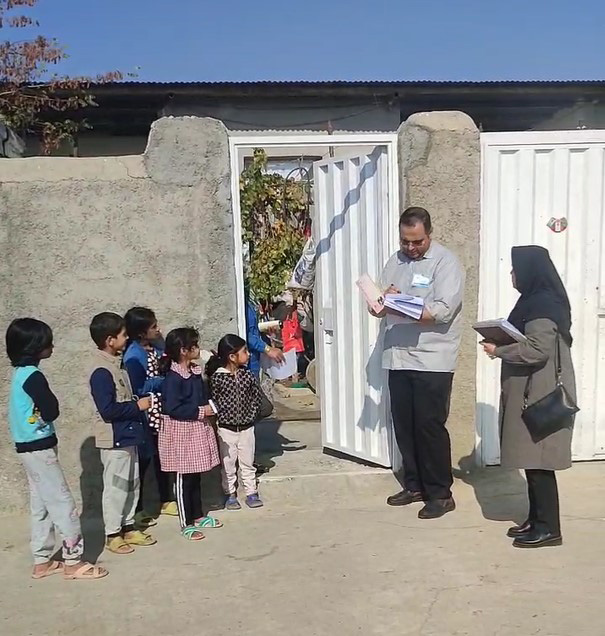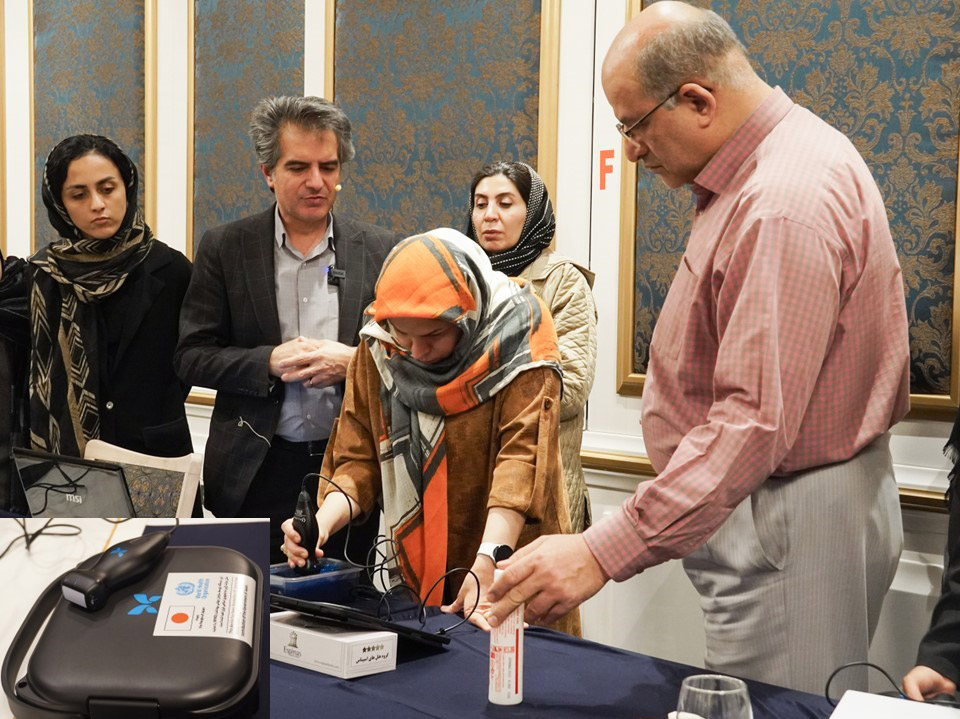 Tehran, Islamic Republic of Iran, 5 February 2024 – A serious challenge to advertise common healthcare has been accomplished by the WHO Country Office within the Islamic Republic of Iran. The focus of this challenge was to supply crucial public well being and humanitarian help to Afghan refugees, host communities, and susceptible populations throughout the nation. This initiative was funded by the Japanese authorities and carried out in shut collaboration with Iran’s Ministry of Health and Medical Education.
Tehran, Islamic Republic of Iran, 5 February 2024 – A serious challenge to advertise common healthcare has been accomplished by the WHO Country Office within the Islamic Republic of Iran. The focus of this challenge was to supply crucial public well being and humanitarian help to Afghan refugees, host communities, and susceptible populations throughout the nation. This initiative was funded by the Japanese authorities and carried out in shut collaboration with Iran’s Ministry of Health and Medical Education.
The essential goal of this challenge was to strengthen the readiness of Iran’s well being system to detect suspected instances and decrease the danger of epidemic ailments throughout borders and inside susceptible communities. . WHO labored with the ministry to supply important provides and speedy testing kits, primarily concentrating on the jap provinces, that are main hubs for cross-border motion and residential to refugee communities.

Major efforts embody supplying sufficient cholera tradition materials to investigate 6800 specimens. 30,000 speedy diagnostic take a look at kits for hepatitis B and hepatitis C; These provides have strengthened diagnostic capabilities throughout the healthcare system.
The Strengthening Universal Health Coverage challenge to scale up public well being and humanitarian help to refugees and susceptible populations within the Islamic Republic of Iran additionally facilitated the research. This research investigated measles vaccination protection amongst Afghan immigrant and refugee populations within the catchment areas of 5 medical faculties. The findings of this research helped determine immunization wants, challenges, and successes and led to suggestions to extend vaccination protection in susceptible populations.
Particularly in Sistan and Baluchestan provinces, based mostly on the WHO targets, this initiative goals to enhance high quality well being providers at three ranges of main well being care (main, secondary and tertiary), particularly for maternal care and neonatal care. targeted on growing entry.
Key successes in Sistan and Baluchestan provinces embody the development of a complete telemedicine infrastructure challenge in Sarabang and Sarbas districts, protecting a complete inhabitants of 336,384 folks, with a particular concentrate on maternal and new child well being; Includes introduction. This consists of procuring quad bikes and cellular clinics, and establishing telemedicine providers at main well being care facilities and hospitals. Additionally, 16 supply services throughout the state had been outfitted with birthing gear and provides for 4,000 secure and free deliveries.
These efforts will assist guarantee well timed, high-quality maternal and new child well being care in hospitals in hard-to-reach and deprived areas.
 Telemedicine setups permit well being programs to share well being knowledge remotely, permitting healthcare suppliers and distant physicians to seek the advice of with one another utilizing a wide range of digital medical gadgets appropriate for telemedicine. Masu. The challenge implementation adopted WHO commonplace working procedures to make sure the standard, requirements and compliance of the acquired medical gadgets.
Telemedicine setups permit well being programs to share well being knowledge remotely, permitting healthcare suppliers and distant physicians to seek the advice of with one another utilizing a wide range of digital medical gadgets appropriate for telemedicine. Masu. The challenge implementation adopted WHO commonplace working procedures to make sure the standard, requirements and compliance of the acquired medical gadgets.
The challenge additionally offered 1,515 important assistive applied sciences and day by day dwelling aids. These will cowl the wants of her greater than 1,300 folks with extreme disabilities and socio-economic vulnerabilities.
“The Japanese authorities has supported the achievement of UHC in all areas of well being cooperation, together with bettering maternal and youngster well being and controlling the unfold of infectious ailments, which stay main challenges in creating international locations. We have been cooperating with Iran for a few years. We hope that this challenge will contribute to bettering the well being of refugees and host communities in Iran,” mentioned His Excellency Tamaki Tsukada, Ambassador of Japan to the Islamic Republic of Iran.
Reflecting on the Japanese authorities’s continued help to the Iranian folks, Dr. Saeed Jafar Hussein, WHO Director and Head of Delegation to the Islamic Republic of Iran, mentioned: “With this help, WHO has been in a position to equip Iran’s well being system with important life-saving gear,” offering provides starting from cutting-edge diagnostic imaging know-how to crucial joint emergency response. ”
“The WHO Country Office within the Islamic Republic of Iran expresses its gratitude to all stakeholders, highlighting the collective impression achieved via joint efforts in selling public well being and humanitarian help,” Dr. Hussein mentioned. added.

